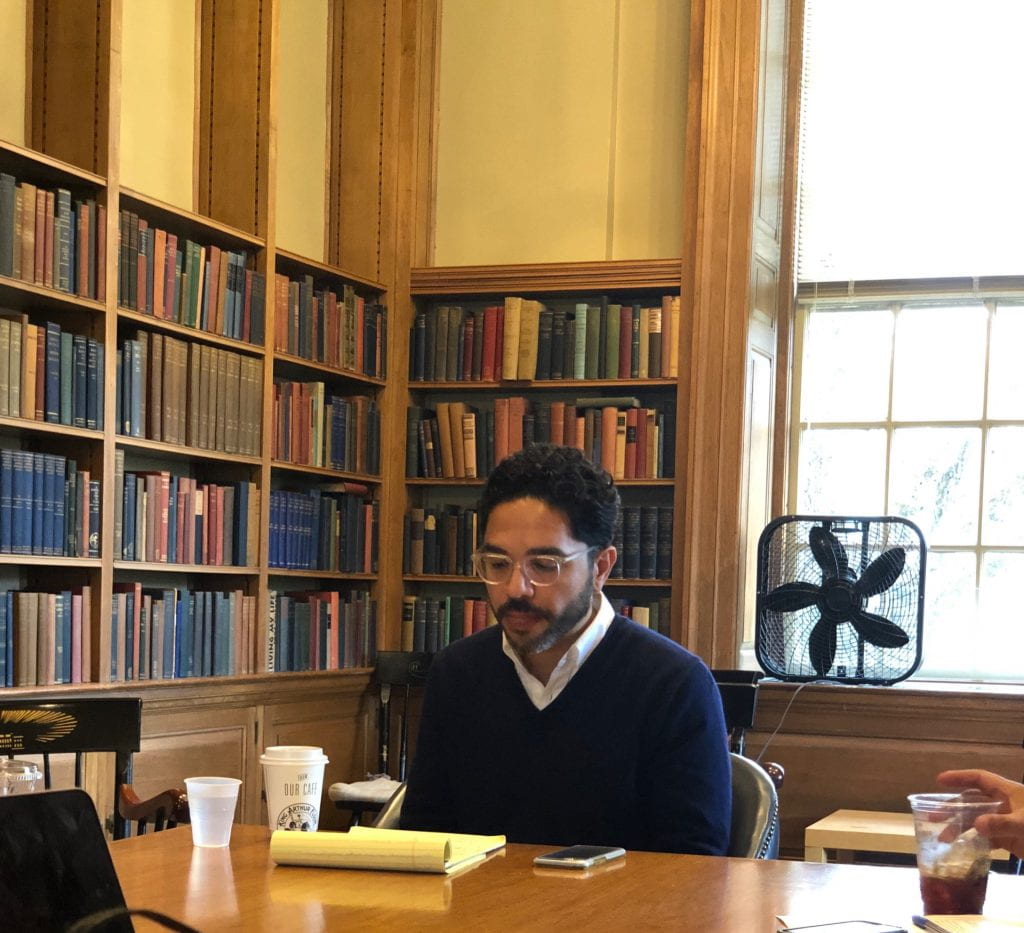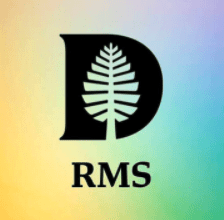Dr. Loperena (CUNY Graduate Center) joined RMS in a conversation to talk about being a scholar, activist, researcher, and engaging in just relationships with communities both in and outside the academy, including the Honduran Garifuna communities where he has conducted several years of ethnographic research.
Here are some of the most impactful moments during our conversation:
On college and academia:
At UChicago, I was a Mellon Mays Undergraduate Fellow, which allowed me to explore different research paths and scholarly perspectives within the social sciences. My ethnographic research on the commemoration of state of terrorism in Buenos Aires, Argentina, enabled me to bridge my political interests with my academic research. My commitment to politically engaged research shapes and guides my scholarship.
On academia and self-care:
Being an academic is allowing me to do the work I am passionate about, and also to have a lifestyle that facilitates continuous learning and growth. I am able to explore my scholarly interests through research and direct collaboration with with communities my work engages. The Garifuna communities I work with in Honduras are theorizing the structural conditions and forms of violence they live on a daily basis. My interlocutors are teaching me, and they have expectations of me, specifically regarding how and what I will contribute to their struggles. I cannot just walk in and extract data. Instead, I think about the research endeavor as one that necessitates meaningful political engagement and exchange. This of course generates many contradictions, but these contradictions become contributions, leading to unique methodological and theoretical insights. It’s important to consider what you bring to the table as a researcher, as an ally, and to really grapple with the stakes of the work. If that means contributing to activities that have nothing to do with your scholarly research, so be it. In the words of Garifuna activist Miriam Miranda: The key issue is not what can the community do for the academy; it is what can the academy do for the community.
But you also need to find outlets to destress, and to make sure you can continue doing the work. If your scholarly research is tied to communities close to you, or with whom you have a direct connection, then it is particularly important to balance your political and scholarly commitments with practices of self-care. For me, running has served as an outlet. I feel like I am able to focus on myself when I run. Therapy is another outlet. Do not be afraid to use these mediums.

On Reshaping the Cannon and Navigating Academia:
If you are doing an academic publication or article, you have to cater to specific audiences. The same is true when I am writing an asylum affidavit. I need to be aware of the legal grounds for asylum within the U.S. legal system and write in a way that speaks to these concerns. When I am writing an article for an anthropology audience, I need to shape my words and my voice accordingly so I can ensure a critical engagement with my scholarship. For example, I felt a strong sense of responsibility to share my work with the Garifuna communities back in Honduras. After I completed my dissertation, I traveled back to Honduras to present my main findings and arguments in Spanish, because the document I produced was a result of our collective work. My dissertation was written in English, but my direct engagement with the Garifuna community remained in Spanish.
It’s important to read BROADLY. I am constantly reading from disciplines outside of my academic field, and I apply all of these ideas to create my own analytical and theoretical frameworks. In my graduate seminars, I draw from a wide range of scholarly and disciplinary perspectives. As scholars of color, we need to think deeply about how we are contributing to cannon formation within our respective fields, and we must push to reshape what is seen as canonical.
We also need to be aware of the way that the vocabulary we use to talk about race shifts, regionally and historically. If you are an Americanist or you are trained in Ethnic Studies, you need to be aware that you bring a perspective that is different from that of other regions with different histories. But just because the histories are distinct, does not mean that you cannot draw on these frameworks to better analyze what is happening in another place. Understanding and embracing difference creates dialogue. Even if it is uncomfortable, it is much needed.

From left to right: Prof. Eng-Beng Lim, Prof. Loperena, and Prof. Cuéllar
Christopher Loperena’s research examines indigenous and black struggles for territorial autonomy in Central America, ethicality and subject formation, and the socio-spatial politics of economic development. This semester, he is teaching a graduate course entitled “Race, Space, and Autonomy,” and can be reached via email at: cloperena@gc.cuny.edu


